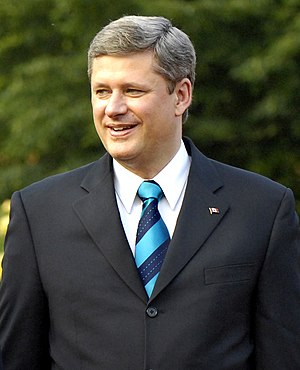Every day I see the web grow, become more important and transcendent. The internet has come from being a toy for little geeks like me hidden in a basement to an everyday tool for everyone. From its humble origins, to what it is becoming today, the road has been long, but really fast compared to any other medium.
The following are two good examples of what the web is accomplishing:
Example #1:

Recently I read about bloggers getting a Press pass in New York. They can even cross police tapes and get rights as professional journalists. There is a process to obtain it, but this is recognition of the hard work some bloggers put into the web and the reputation for information and news the internet is acquiring (and also a legal battle well fought). Of course, this little blog is not news worthy, but just as Press Bloggers come into the game, many other “new professions” will come to bear. It will not be long before other states and countries emulate that status. Bloggers can write almost anything, almost anywhere (even from their cellphones) and this makes them a very sharp weapon of freedom of speech. They are harder to censor and if they really want to, can be harder to find if a post is really offensive to the powers that be. Of course, there will be those who abuse these powers, but as in almost every human instance, everything tends to balance itself out. Just pay attention to how the US government is trying its best to regulate the internet, which by many, is still a wild crazy west.
Example #2:

Today, Prime Minister Stephen Harper is giving his response to the Speech to the Throne live, via YouTube and will get questions from public. Of course, they can’t risk having a hooligan come in and ask uncomfortable questions to the Prime Minister, but this is just another step into the internet`s shoes as a source of information and contact between a country and its politicians. Is this a new era of direct communication between politicians and the people? I highly doubt it. The questions will be selected by votes (and screened by the Minister`s people) and then answered by Mr. Harper. This is hardly a direct line, but its an improvement.
Where will the internet get us? This feeble medium that is totally dependent on electricity, certainly has a long way to go.

